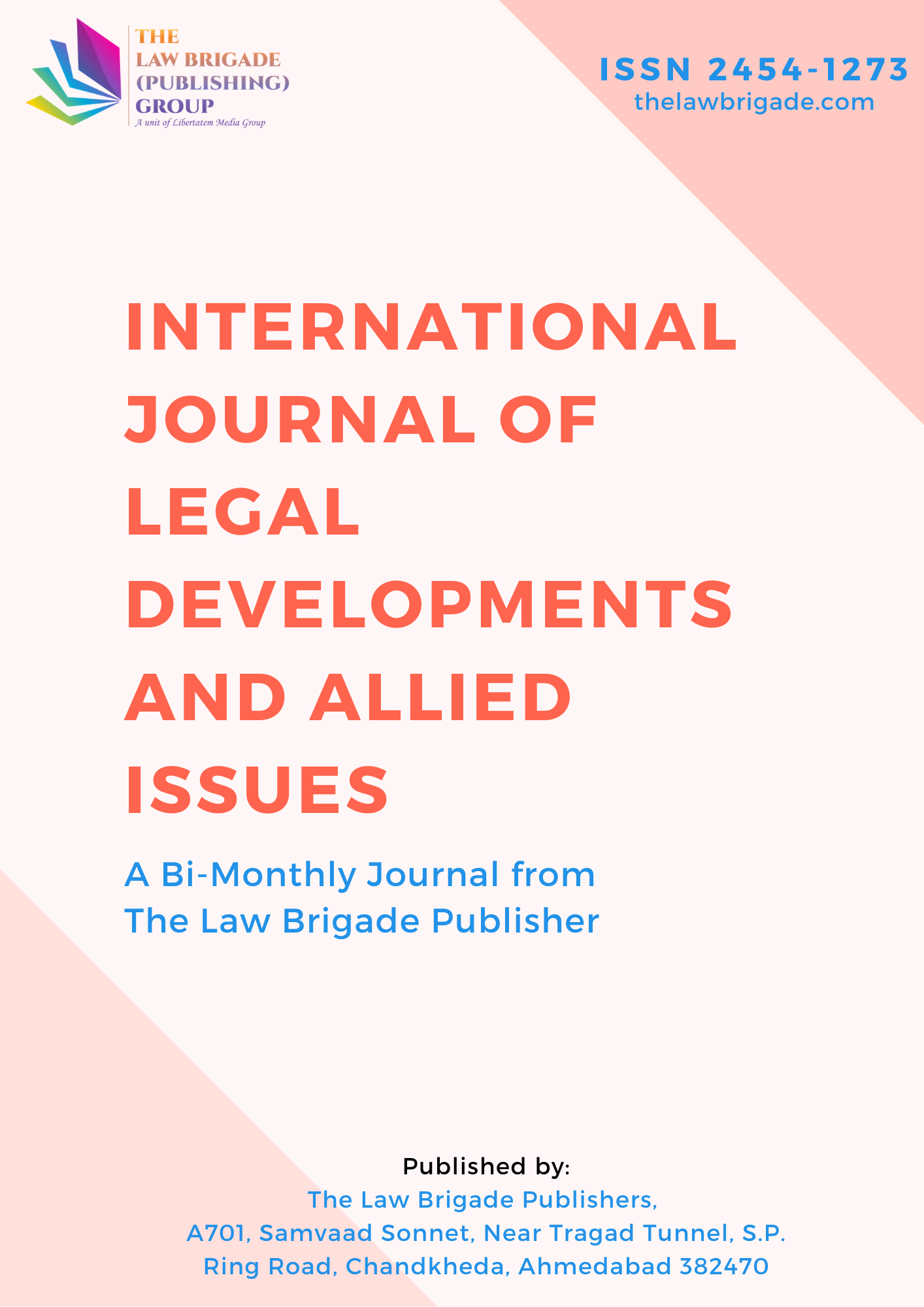The Road Infrastructure Development and Refurbishment Investment Tax Credit Executive Order 2019 provided the basis for the participation of private companies in the development and refurbishment of public road infrastructure in Nigeria and the utilization of road tax credits issued under the scheme to offset agreed project costs of participants. The scheme accords with the Federal Government’s national strategic plans of encouraging corporate investments, reducing road infrastructure deficits and increasing infrastructure spending beyond the average capital expenditure in annual national budgets. The Executive Order, which was made pursuant to the executive and tax-exemption powers of the President under both the Constitution and extant taxation law, clearly spelt out the objectives and nature of the scheme as well as provided for its institutional, regulatory and investment promotion frameworks. While it is a welcome development, there is a need to strengthen the Executive Order by addressing potential constitutional and legal challenges in view of its basic funding mechanism, which is company income tax due or payable to the Federation. These challenges include the constitutionality or otherwise of the Federal Government utilizing the road tax credits solely for its infrastructure requirements to the exclusion of states and local governments; the possible conflict with the ICRC Act on legal and regulatory frameworks; and the extent of compliance of its processes with regulatory legislation including the Procurement Act and the Fiscal Responsibility Act. Resolutions of these inherent weak links are necessary if the Executive Order is to succeed and the investments of project participants are not to be jeopardized.
An Overview of the Road Infrastructure Development and Refurbishment Investment Tax Credit Scheme Executive Order 2019 and its Potential Constitutional and Legal Challenges
Publication Information
Journal Title: International Journal Of Legal Developments And Allied Issues
Author(s): Faruk Sani
Published On: 01/03/2024
Volume: 10
Issue: 1
First Page: 36
Last Page: 58
ISSN: 2454-1273
Publisher: The Law Brigade Publisher
DOI Not Allotted [Get DOI]
Cite this Article
Faruk Sani, An Overview of the Road Infrastructure Development and Refurbishment Investment Tax Credit Scheme Executive Order 2019 and its Potential Constitutional and Legal Challenges, Volume 10 Issue 1, International Journal Of Legal Developments And Allied Issues, 36-58, Published on 01/03/2024, Available at https://ijldai.thelawbrigade.com/article/an-overview-of-the-road-infrastructure-development-and-refurbishment-investment-tax-credit-scheme-executive-order-2019-and-its-potential-constitutional-and-legal-challenges/
Abstract
Keywords: Executive Orders, Companies Income Tax, PPPs, Tax Credit, Revenues
Share this research
© 2015 - 2024 All Rights Reserved by The Law Brigade Publishers





